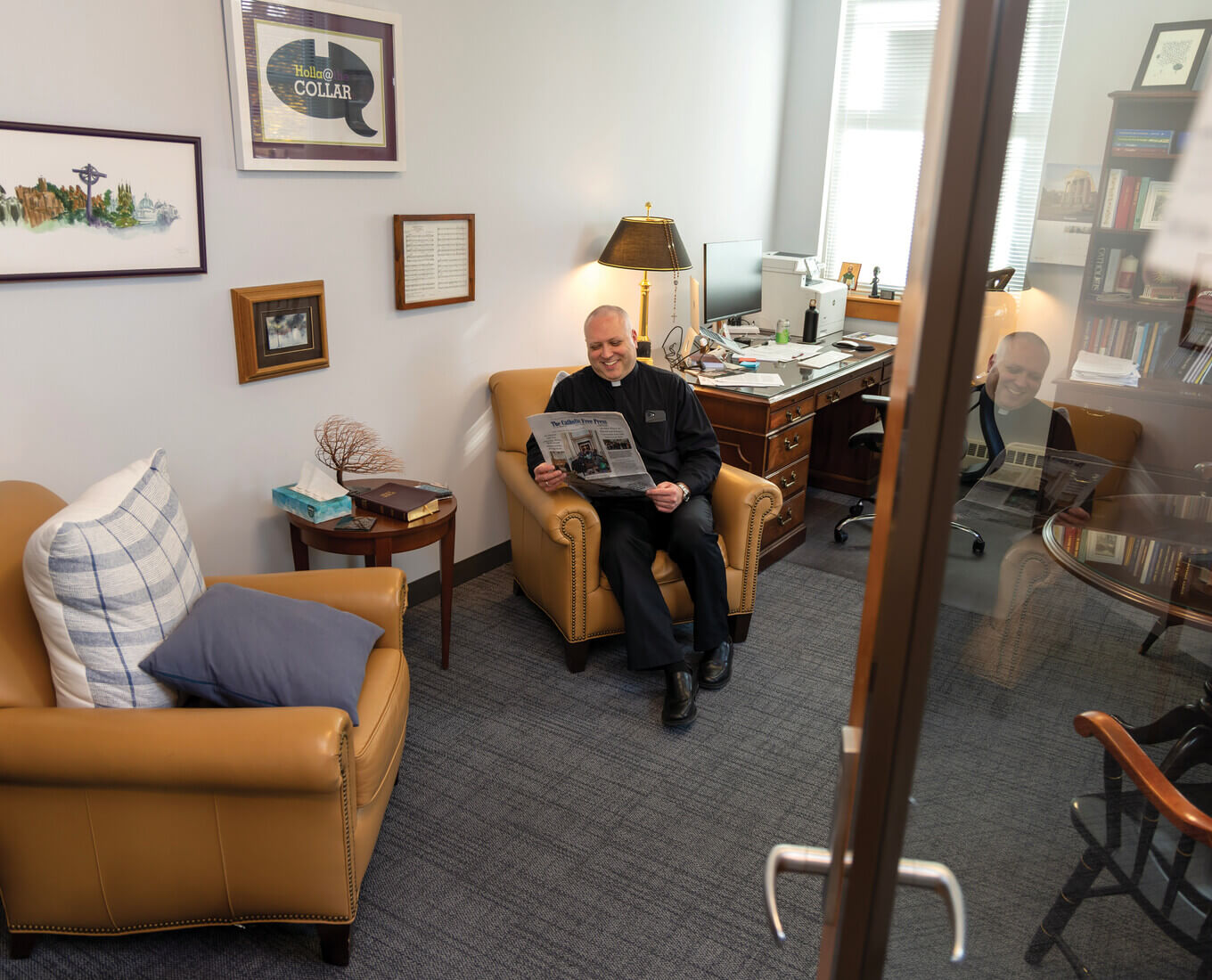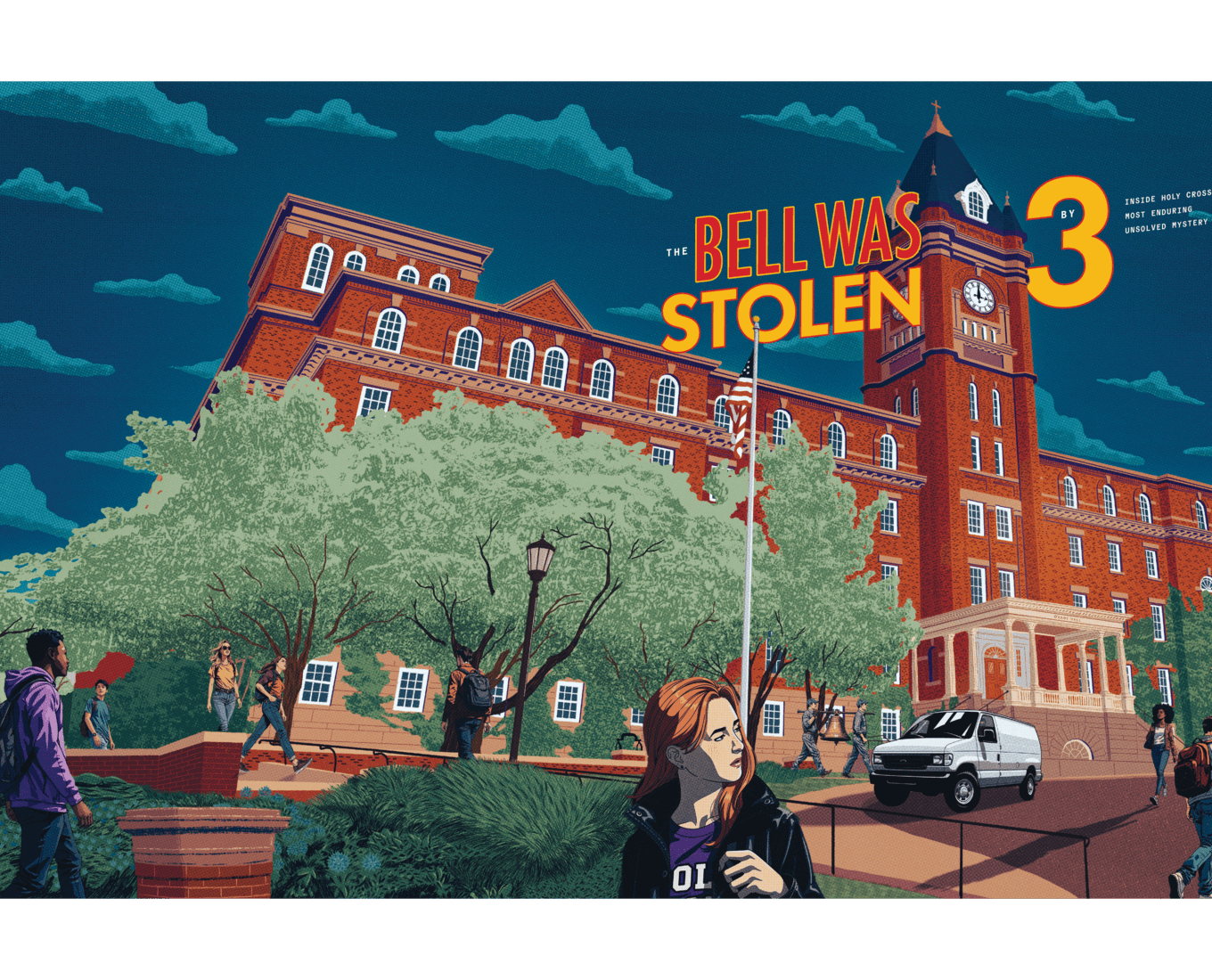First, can we all agree that discernment is a terribly overused term? I seem to hear it all the time, a constant Ignatian-inspired vocabulary word that has seemingly lost its cachet over the years. Once reserved for the biggest of big choices, discernment is now too often referred to in the most banal and small decision-making processes of which you can think.
Years ago, at another Jesuit institution that shall remain nameless, I was behind a student in line at the dining hall, at the sandwich-making station. She was on the phone with one of her parents, I presume: “I’m not sure. It’s either turkey or ham. I don’t know. What do you think?” I remembered thinking at this moment that this was truly small-time stuff. Lunch doesn’t require discernment, it only requires a decision, so step aside, please; I know what I want.
But why the distinction? What might be the stuff that is “worthy” of discernment? Well, here is where the subtleties and richness of Ignatian spirituality come in. Because while I don’t think that a formal discernment is needed to make a choice of an entrée, it could come into play about how you decide to eat, in general. What do I mean? Well, let’s say you’re thinking about adopting veganism or vegetarianism, for example. I imagine that you might have given deep consideration to the processes of food production, say, or pondered how you relate to animals in the food chain or the whole of Creation. You might be thinking about the effects of your carbon footprint or calling your family history of cardiovascular disease to mind. These possible thoughts reveal that this is much different than struggling over the choice of lunch meat; this is about wrestling with how you want to live and what you want your role in the world to be. (Conversely, if you want to be a vegan because “everyone else seems to be doing it,” you’re not discerning at all, just being swept along, hardly an authentic agent.)
But therein lies the big difference: Discernment is not about the small stuff.It is ultimately about the significant choices and decisions we are to make. St. Ignatius Loyola wrote about discerning one’s state of life: that is, whether and whom to marry, or if a person should enter the monastery or convent to become a priest or a nun. For Ignatius, discernment was about how you would spend your life, in praising, reverencing and serving God, and finding the path that would enable you to do that well. Students might also rightly use the word discernment when thinking about what to declare for a major or when considering what line of work or further study they might want to go into once they graduate, for these choices can determine the course of their next several years: how they will spend their time, with whom they will associate, where they might live. This is big stuff, indeed, and worthy of the word discernment.


